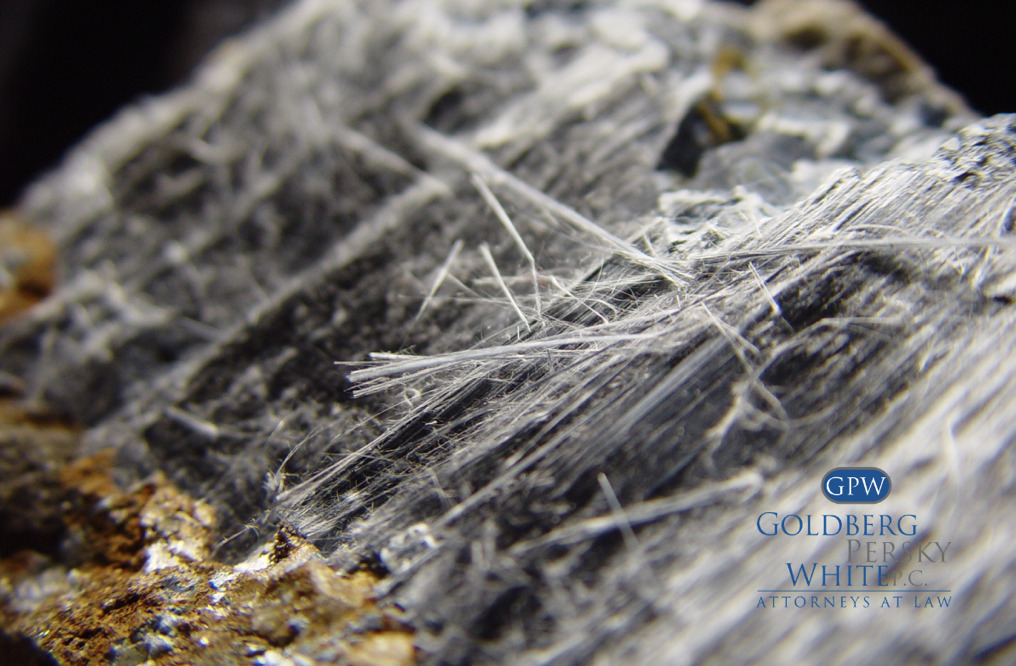Apple finally ends benzene use in factories
After months of petitions and investigations, Apple decided to pull the use of benzene from its production. Attention to the issue first came this March when groups began protesting after reports of Chinese workers falling ill.
Many companies, including Samsung and Apple, use benzene in production of their products and in cleaning products for the machinery. The companies in China claim to follow all United States regulations regarding use, exposure and handling, but nothing is foolproof.
Any work environment involving the use of benzene increases the workers’ chances of developing blood related diseases, including leukemia. Other issues, including reproductive problems, can occur.
Apple conducted a four-month investigation and didn’t find any health risks for the employees of the factories, but decided to eliminate benzene use as a precaution. Even though other companies use the product, groups targeted Apple because of its commitment to ethics and likelihood of change.
With more than 20 factories in China, Brazil, Texas, Ireland and California, approximately 500,000 workers at the end of production in close proximity to the carcinogen. The half a million people most at risk are now safe from the damaging effects of benzene.
To further its safety efforts, Apple lowered the maximum amount of exposure to other chemicals during production to further limit the chance of lasting consequences. Its ultimate goal is greener chemistries.
Even with Apple taking positive steps, many companies still allow their employees to be exposed, including other technology brands, chemical plants, powerhouses and steel mills.
One of the ways to create benzene is the coke-making process where steel mill companies can capture the byproduct to sell. Employees who operate near the coke batteries, are involved in the transport or work in the facilities where the benzene is transferred can experience significant exposure to the carcinogen.
We hope more companies follow Apple’s positive and proactive example.
Footnotes
AP. (2014). Apple bans potentially hazardous benzene, n-hexane during final assembly of iPhones, iPads. FOX Business. [Link]
Rayman, N. (2014). These 2 harmful chemicals will no longer be used to assemble your iPhone. TIME. [Link]



